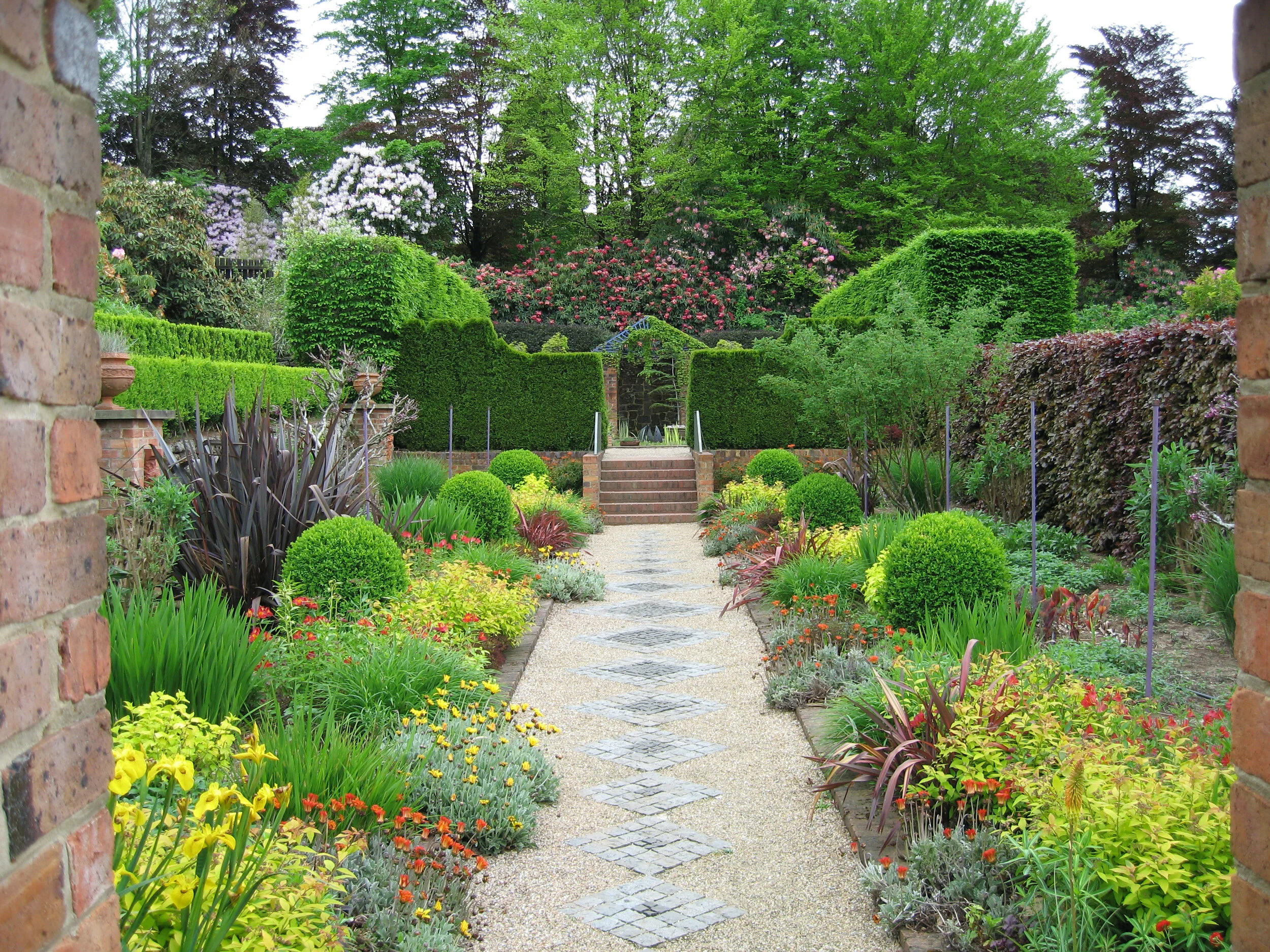The Gardener
Once upon a time, when the science and art of gardening was not yet well established among men, there was a master-gardener. In addition to knowing all the qualities of plants, their nutritious, medicinal and aesthetic values, he had been granted a knowledge of the Herb of Longevity, and he lived for many hundreds of years.
In successive generations, he visited gardens and cultivated places throughout the world. In one place he planted a wonderful garden, and instructed the people in its upkeep and even in the theory of gardening.
But, becoming accustomed to seeing some of the plants come up and flower every year, they soon forgot that others had to have their seeds collected, that some were propagated from cuttings, that some needed extra watering, and so on. The result was that the garden eventually became wild and people started to regard this as the best garden that there could be.
After giving these people many chances to learn, the gardener expelled them and recruited another whole band of workers. He warned them that if they did not keep the garden in order, and study his methods, they would suffer for it.
They, in turn, forgot — and, since they were lazy, tended only those fruits and flowers which were easily reared, and allowed the others to die. Some of the first trainees came back to them from time to time, saying: “You are the ones who are departing from truth in this matter.
But the master-gardener persisted. He made other gardens, wherever he could, and yet none was ever perfect except the one which he himself tended with his chief assistants.
As it became known that there were many gardens and even many methods of gardening, people from one garden would visit those of another, to approve, to criticize, or to argue. Books were written, assemblies of gardeners were held, gardeners arranged themselves in grades according to what they thought to be the right order of precedence.
As is the way of men, the difficulty of the gardeners remains that they are too easily attracted by the superficial. They say: “I like this flower,” and they want everyone else to like it as well. It may, in spite of its attraction or abundance, be a weed which is choking other plants which could provide medicines or food which the people and the garden need for their sustenance and permanency.
Among these gardeners are those who prefer plants of one single color. These they may describe as “good”. There are others who will only tend the plants, while refusing to care about the paths or the gates, or even the fences.
When, at length, the ancient gardener died, he left as his endowment the whole knowledge of gardening, distributing it among the people who would understand in accordance with their capacities. So the science as well as the art of gardening remained as a scattered heritage in many gardens and also in some records of them.
People who are brought up in one garden or another generally have been so powerfully instructed as to the merits of demerits of how the inhabitants see things that they are almost incapable — though they make the effort — of realizing that they have to return to the concept of “garden”. At the best, they generally only accept, reject, suspend judgment or look for what they imagine are the common factors.
From time to time true gardeners do arise. Such is the abundance of semi-gardens that when they hear of real ones people say: “Oh, yes. You are talking about a garden such as we already have, or we imagine.” What they have and what they imagine are both defective.
The real experts, who cannot reason with the quasi-gardeners, associate for the most part among themselves, putting into this or that garden something from the total stock which will enable it to maintain its vitality to some extent.
They are often forced to masquerade, because the people who want to learn from them seldom know about the fact of gardening as an art or science underlying everything that they have heard before. So they ask questions like: “How can I get a more beautiful flower on these onions?
The real gardeners may work with them because true gardens can sometimes be brought into being, for the benefit of all mankind. They do not last long, but it is only through them that the knowledge can be truly learnt and people can come to see what a garden really is.”
This ancient story of the Master Gardener is included in a collection titled The Way of the Sufi by Idris Shah 1968
Fr Richard Rohr:
We worshipped Jesus instead of following him on his same path.
We made Jesus into a mere religion instead of a journey toward union with God and everything else.
This shift made us into a religion of “belonging and believing” instead of a religion of transformation.

